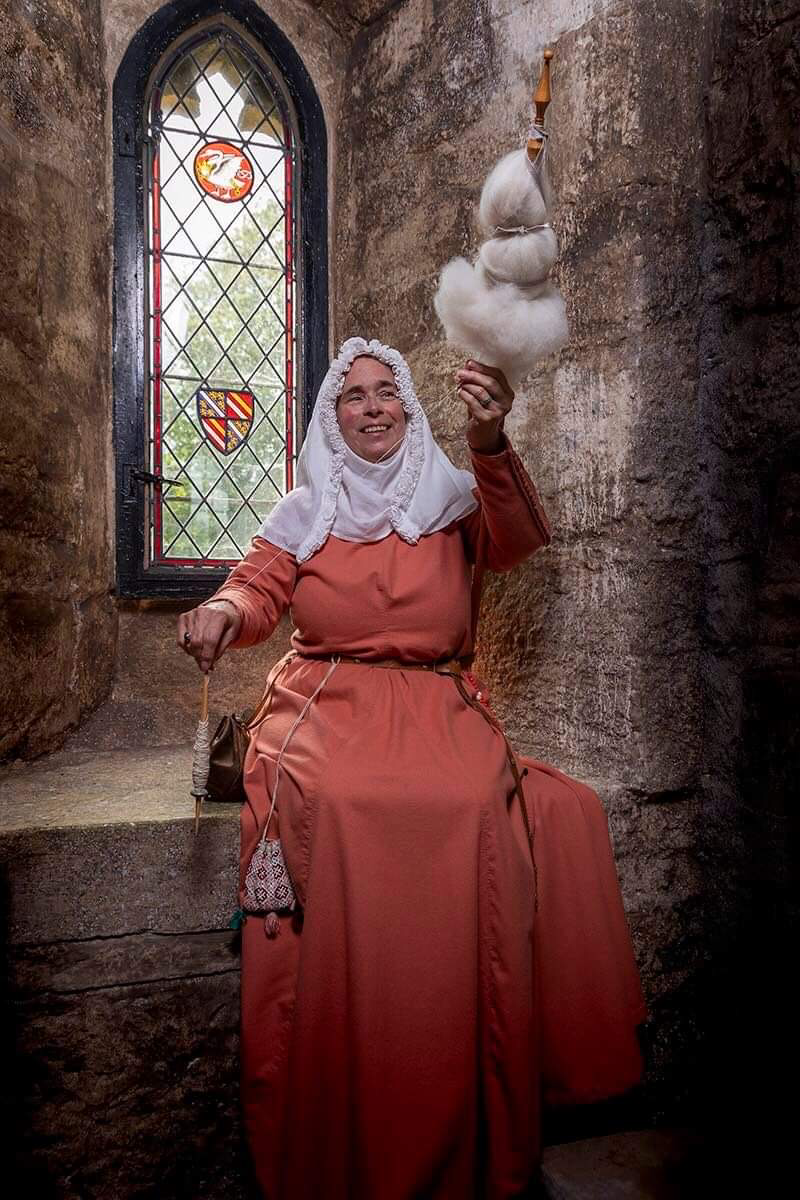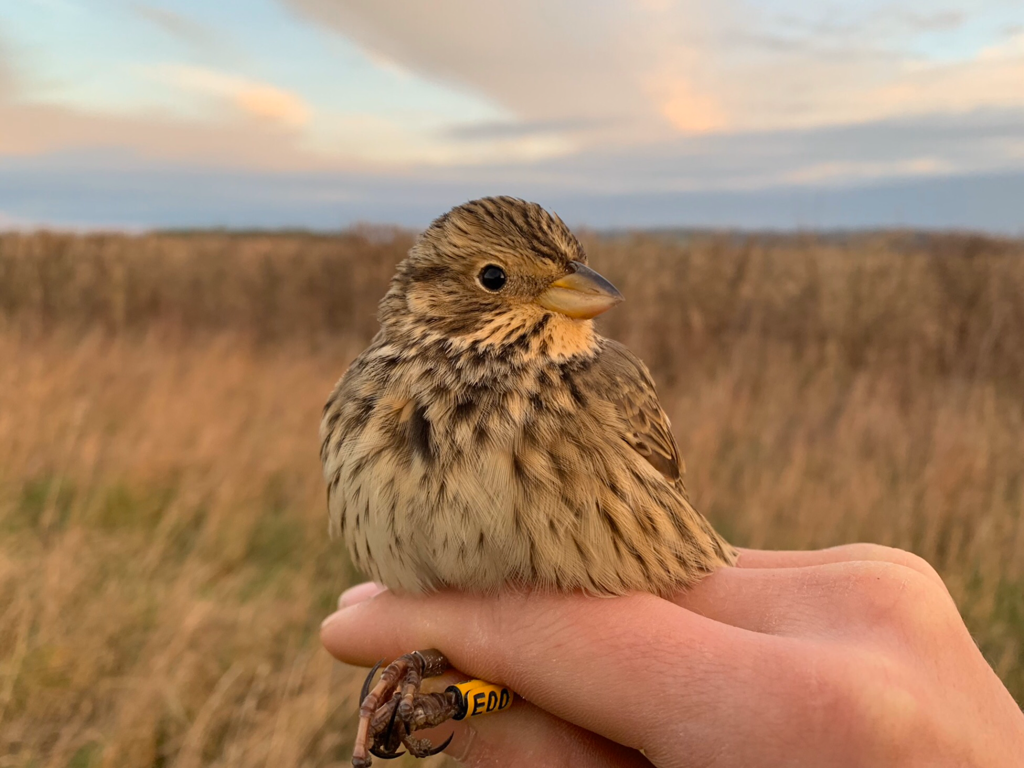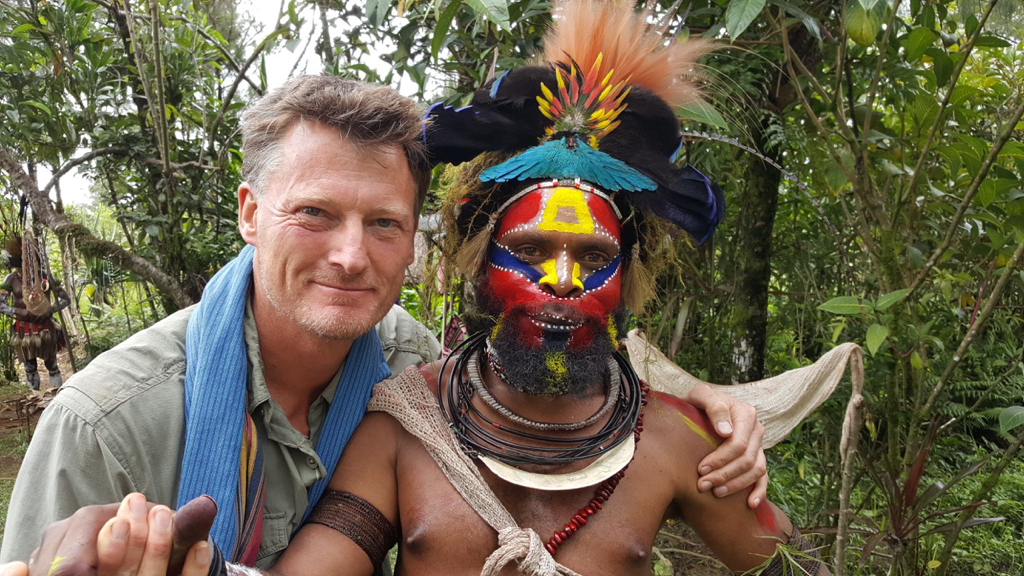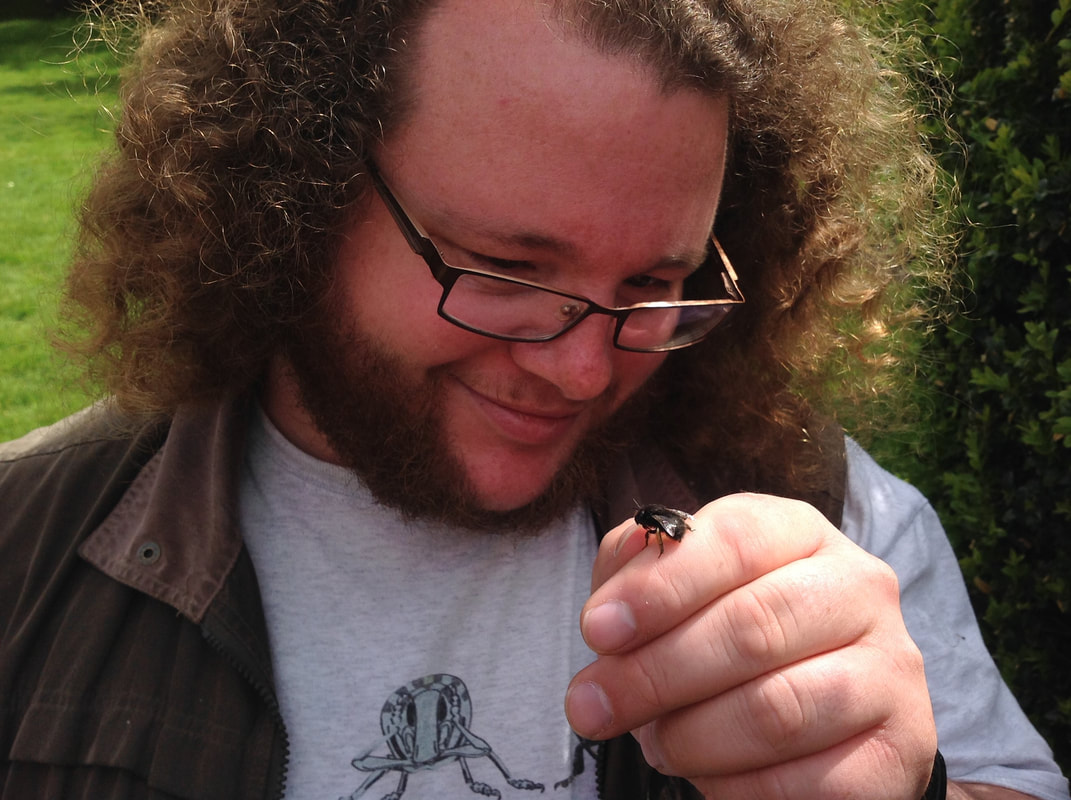Berrycroft Hub runs a varied program of lectures and events throughout the year. Due to COVID-19 restrictions we are are unable to hold both events and lectures at our premises but we are continuing lectures online. Eventbrite links to purchase tickets will be live up until the talk itself begins. Please do follow us on our social media to keep up to date with our list of engaging speakers on a variety of subjects.
DISTAFF SPINNING: A FORGOTTEN HISTORICAL CRAFT.
Spinning is a vital step when making woven textiles. However, most modern spinners spin “drop spindle” style, holding the wool fibre in the hand and drafting vertically between the hands whilst the spindle descends on its thread. It is also often presumed that distaffs are restricted to flax spinning. Nonetheless this is an incorrect assumption and “drop spinning” is not, in fact, the way that Europeans spun for the vast majority of documentable history.
This talk will explore the evidence for the (distaff) spinning style carried out in Europe between c. 1000 and 1900 AD, discuss experiments carried out to reproduce this unique style and make some theories as to why it was such a popular technique in this period and culture.
Mary Cleaton, Alice Evans and Jane Hunt are medieval living history interpreters, each with at least fourteen years experience. They share an interest in medieval textile production methods which, in turn, led to their interest in distaff spinning. Mary and Alice have been hand spinners for fourteen and sixteen year’s respectively and distaff spinners for seven years. Jane has been a hand spinner for 35 years and a distaff spinner for the last five years.
We are greatly looking forward to running more distaff workshops at Berrycroft Hub with this incredibly knowledgeable group when we can reopen.
(Photo credit: David Michael Norton)
https://www.eventbrite.co.uk/e/distaff-spinning-a-forgotten-historical-craft-tickets-142300288995
Spinning is a vital step when making woven textiles. However, most modern spinners spin “drop spindle” style, holding the wool fibre in the hand and drafting vertically between the hands whilst the spindle descends on its thread. It is also often presumed that distaffs are restricted to flax spinning. Nonetheless this is an incorrect assumption and “drop spinning” is not, in fact, the way that Europeans spun for the vast majority of documentable history.
This talk will explore the evidence for the (distaff) spinning style carried out in Europe between c. 1000 and 1900 AD, discuss experiments carried out to reproduce this unique style and make some theories as to why it was such a popular technique in this period and culture.
Mary Cleaton, Alice Evans and Jane Hunt are medieval living history interpreters, each with at least fourteen years experience. They share an interest in medieval textile production methods which, in turn, led to their interest in distaff spinning. Mary and Alice have been hand spinners for fourteen and sixteen year’s respectively and distaff spinners for seven years. Jane has been a hand spinner for 35 years and a distaff spinner for the last five years.
We are greatly looking forward to running more distaff workshops at Berrycroft Hub with this incredibly knowledgeable group when we can reopen.
(Photo credit: David Michael Norton)
https://www.eventbrite.co.uk/e/distaff-spinning-a-forgotten-historical-craft-tickets-142300288995
BRINGING FARMLAND BIRDS BACK FROM THE BRINK.
Exeter university student Noah Walker is part of a team of volunteers who have been working for the past six years to help conserve the populations of farmland birds across West Oxfordshire by engaging with farmers and advising on wildlife-friendly farming practices. They carry out a landscape-scale winter supplementary feeding programme with the help of farmers and gamekeepers, alongside surveys to monitor farmland bird population trends. As part of this monitoring, they undertake bird ringing surveys, observational counts and nest recording as part of schemes run by the British Trust for Ornithology (BTO). They are currently working with 14 farms, although they encourage new farms to get involved each year. A large part of their effort focuses on conservation of Tree Sparrows in the local area and they aim to reconnect populations in Oxfordshire and Wiltshire through the provision of nest boxes, winter supplementary feeding and habitat restoration. Other key species at the heart of the project are Skylarks, Yellowhammers and Corn Buntings, all of which are farmland specialists and good indicators of ecosystem health.
From a young age, Noah has been fascinated by the outdoors and in particular, birds. Having moved to Faringdon in 2014 he started volunteering for the British Trust for Ornithology at the age of 13; begun nest monitoring, carrying out observational counts and started training to become a licenced bird ringing.
After several years of training with Wiltshire and Oxfordshire volunteer groups aiming to conserve farmland birds, he got his first bird ringing permit in 2017 and begun setting up the West Oxfordshire Farmland Bird Project. With the help of Dr. Oliver Fox, Ian Sherriffs and Julia Haynes - all licenced bird ringers - he has set out with the ambition to help counter the large declines of farmland birds across West Oxfordshire. By engaging with farmers and landowners and carrying out surveys across multiple study sites including Berrycroft Hub, this fantastic team are bringing birds back from the brink.
(Photo credit: Noah Walker)
www.eventbrite.co.uk/e/bringing-farmland-birds-back-from-the-brink-tickets-142293915933
Exeter university student Noah Walker is part of a team of volunteers who have been working for the past six years to help conserve the populations of farmland birds across West Oxfordshire by engaging with farmers and advising on wildlife-friendly farming practices. They carry out a landscape-scale winter supplementary feeding programme with the help of farmers and gamekeepers, alongside surveys to monitor farmland bird population trends. As part of this monitoring, they undertake bird ringing surveys, observational counts and nest recording as part of schemes run by the British Trust for Ornithology (BTO). They are currently working with 14 farms, although they encourage new farms to get involved each year. A large part of their effort focuses on conservation of Tree Sparrows in the local area and they aim to reconnect populations in Oxfordshire and Wiltshire through the provision of nest boxes, winter supplementary feeding and habitat restoration. Other key species at the heart of the project are Skylarks, Yellowhammers and Corn Buntings, all of which are farmland specialists and good indicators of ecosystem health.
From a young age, Noah has been fascinated by the outdoors and in particular, birds. Having moved to Faringdon in 2014 he started volunteering for the British Trust for Ornithology at the age of 13; begun nest monitoring, carrying out observational counts and started training to become a licenced bird ringing.
After several years of training with Wiltshire and Oxfordshire volunteer groups aiming to conserve farmland birds, he got his first bird ringing permit in 2017 and begun setting up the West Oxfordshire Farmland Bird Project. With the help of Dr. Oliver Fox, Ian Sherriffs and Julia Haynes - all licenced bird ringers - he has set out with the ambition to help counter the large declines of farmland birds across West Oxfordshire. By engaging with farmers and landowners and carrying out surveys across multiple study sites including Berrycroft Hub, this fantastic team are bringing birds back from the brink.
(Photo credit: Noah Walker)
www.eventbrite.co.uk/e/bringing-farmland-birds-back-from-the-brink-tickets-142293915933
BENEDICT ALLEN - ULTIMATE EXPLORER
Adventurer-explorer Benedict Allen tells the whole unvarnished truth of his solo expedition to Papua New Guinea, where he visited a community he had befriended thirty years earlier. He then hit the headlines after failing to turn up for a flight to Hong Kong, prompting his friends and family, and eventually the worlds media, to become concerned for his wellbeing.
Benedict Allen is an Author, environmentalist, film-maker and international motivational speaker. Benedict became established as one of the world's leading modern-day explorers through expeditions famously achieved not with a phone,GPS or "backup," but by preparation alone with remote indigenous communities. Dispensing with a film crew, he went on to pioneer the authentic recording of adventurous journeys for TV.
We are absolutely delighted to have Benedict join us at Berrycroft Hub and he has been a great inspiration for many of our own adventures.
(Photo credit: Benedict Allen)
www.eventbrite.co.uk/e/benedict-allen-ultimate-explorer-tickets-142284935071
Adventurer-explorer Benedict Allen tells the whole unvarnished truth of his solo expedition to Papua New Guinea, where he visited a community he had befriended thirty years earlier. He then hit the headlines after failing to turn up for a flight to Hong Kong, prompting his friends and family, and eventually the worlds media, to become concerned for his wellbeing.
Benedict Allen is an Author, environmentalist, film-maker and international motivational speaker. Benedict became established as one of the world's leading modern-day explorers through expeditions famously achieved not with a phone,GPS or "backup," but by preparation alone with remote indigenous communities. Dispensing with a film crew, he went on to pioneer the authentic recording of adventurous journeys for TV.
We are absolutely delighted to have Benedict join us at Berrycroft Hub and he has been a great inspiration for many of our own adventures.
(Photo credit: Benedict Allen)
www.eventbrite.co.uk/e/benedict-allen-ultimate-explorer-tickets-142284935071
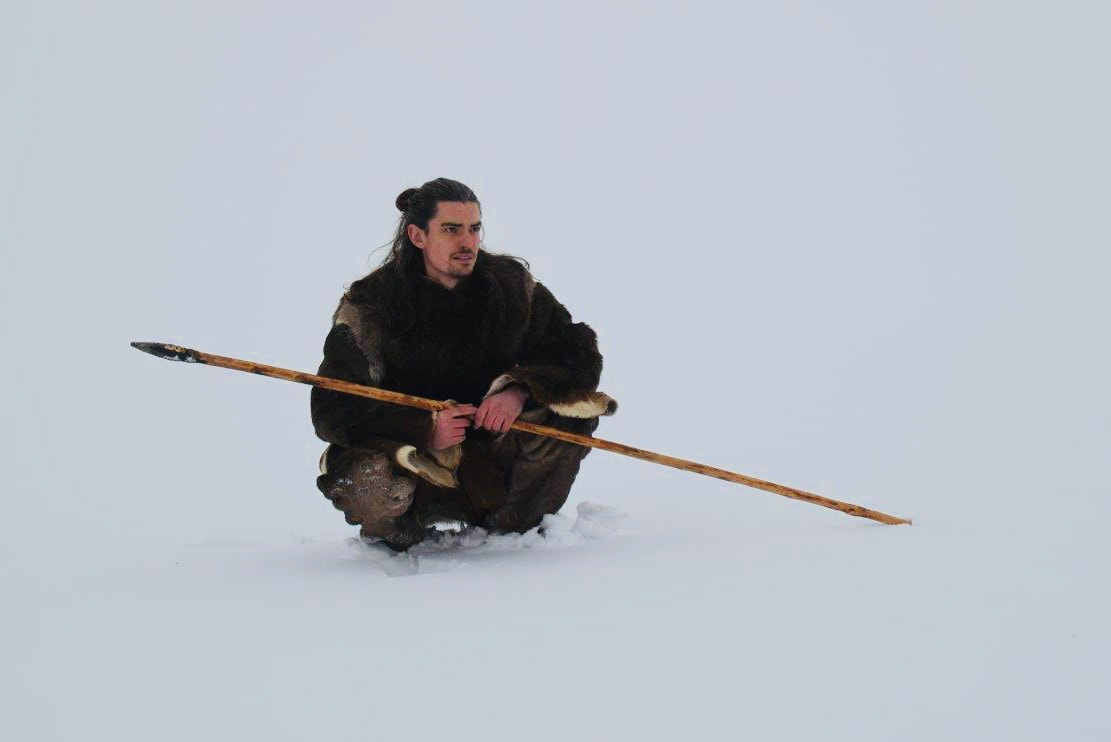
HUNTERS ON THE EDGE OF THE WORLD, CHALLENGES FACED BY MODERN HUMANS 40,000 YEARS AGO.
Dr James Dilley is an archeologist and craftsman who specialises in prehistoric technologies. During this talk he will be discussing some of the challenges faced by early modern humans in Europe 40,000 years ago during the Aurignacian period. This will include James's recent PhD research into antler tipped spears and their use.
James has worked with museums and heritage centres around the UK such as The British Museum and Stonehenge and alongside media companies such as the BBC, Channel 4, ITV and National Geographic.
A big influence in the founding of Berrycroft Hub and the first to run workshops, James stayed with us basing his research, film work, outreach and replica making for his own successful company Ancient Craft here for many years.
A professional and very talented flintknapper, James moved from the Stone Age into the Bronze Age whilst living Berrycroft Hub, learning and perfecting both copper and bronze casting, which he then added to our list of popular workshops.
Recently becoming a Doctor of Archaeology, we are extremely proud to have him as our first inspirational speaker in our Berrycroft Hub lecture program.
(Photo credit: Sally-Ann Spence)
Dr James Dilley is an archeologist and craftsman who specialises in prehistoric technologies. During this talk he will be discussing some of the challenges faced by early modern humans in Europe 40,000 years ago during the Aurignacian period. This will include James's recent PhD research into antler tipped spears and their use.
James has worked with museums and heritage centres around the UK such as The British Museum and Stonehenge and alongside media companies such as the BBC, Channel 4, ITV and National Geographic.
A big influence in the founding of Berrycroft Hub and the first to run workshops, James stayed with us basing his research, film work, outreach and replica making for his own successful company Ancient Craft here for many years.
A professional and very talented flintknapper, James moved from the Stone Age into the Bronze Age whilst living Berrycroft Hub, learning and perfecting both copper and bronze casting, which he then added to our list of popular workshops.
Recently becoming a Doctor of Archaeology, we are extremely proud to have him as our first inspirational speaker in our Berrycroft Hub lecture program.
(Photo credit: Sally-Ann Spence)
MONITORING THE PLIGHT OF THE BUMBLEBEES.
Bumblebees are some of Britain’s most charismatic insects, their striped furry bodies and contented buzz some of the iconic sights and sounds of the British summer.
But bumblebees are in trouble.
Over the past century numbers have crashed, two species have been driven to extinction, and a third of our remaining species are endangered.
Dr Richard Comont, Science Manager at the Bumblebee Conservation Trust, explores what’s gone wrong and what we can do to help restore the sound of summer.
Dr Richard Comont is an award-winning ecologist and author. Since 2013 he has worked for the Bumblebee Conservation Trust, leading on monitoring work to understand the current state of bumblebee populations and assess the impacts of both conservation management and ongoing threats to UK bumblebees.
We have had Dr. Richard Comont visit us at Berrycroft Hub in the past, tutoring bumblebee identification and ecology workshops. When we are able to fully reopen, we look forward to welcoming him back. Meanwhile, we are delighted that he is able to join us for the latest in our series of online winter lectures.
(Photo credit: Sally-Ann Spence)
Bumblebees are some of Britain’s most charismatic insects, their striped furry bodies and contented buzz some of the iconic sights and sounds of the British summer.
But bumblebees are in trouble.
Over the past century numbers have crashed, two species have been driven to extinction, and a third of our remaining species are endangered.
Dr Richard Comont, Science Manager at the Bumblebee Conservation Trust, explores what’s gone wrong and what we can do to help restore the sound of summer.
Dr Richard Comont is an award-winning ecologist and author. Since 2013 he has worked for the Bumblebee Conservation Trust, leading on monitoring work to understand the current state of bumblebee populations and assess the impacts of both conservation management and ongoing threats to UK bumblebees.
We have had Dr. Richard Comont visit us at Berrycroft Hub in the past, tutoring bumblebee identification and ecology workshops. When we are able to fully reopen, we look forward to welcoming him back. Meanwhile, we are delighted that he is able to join us for the latest in our series of online winter lectures.
(Photo credit: Sally-Ann Spence)

